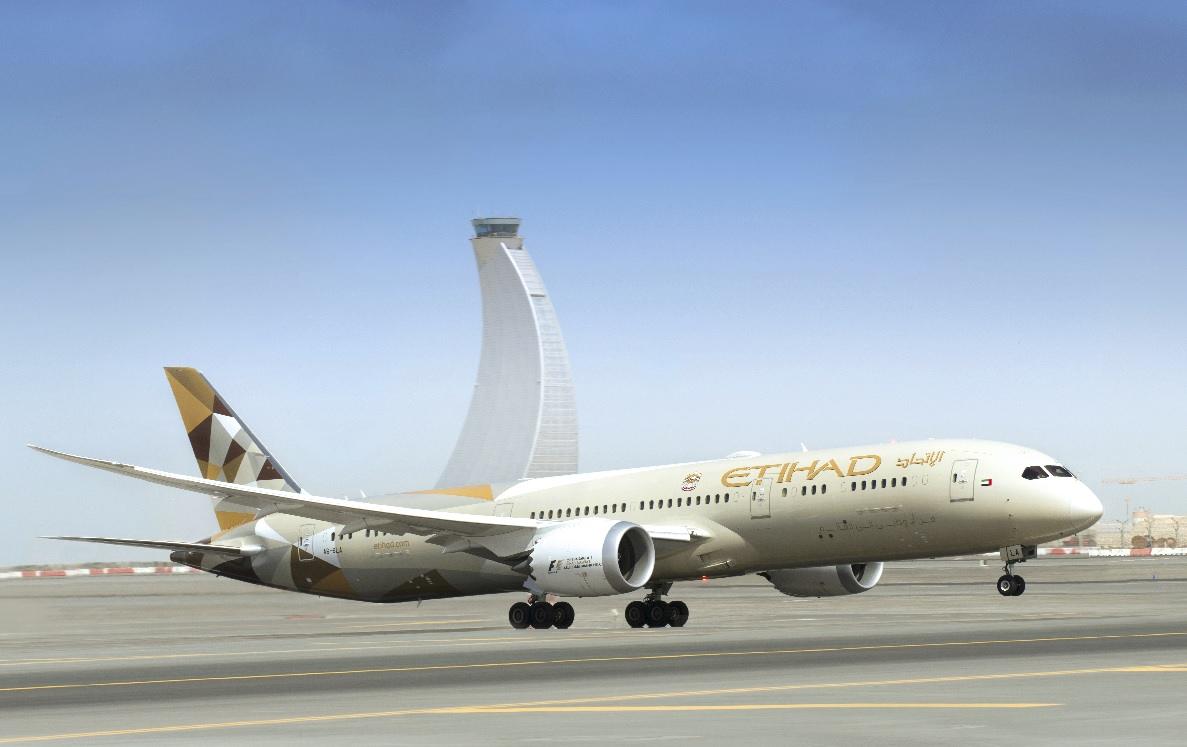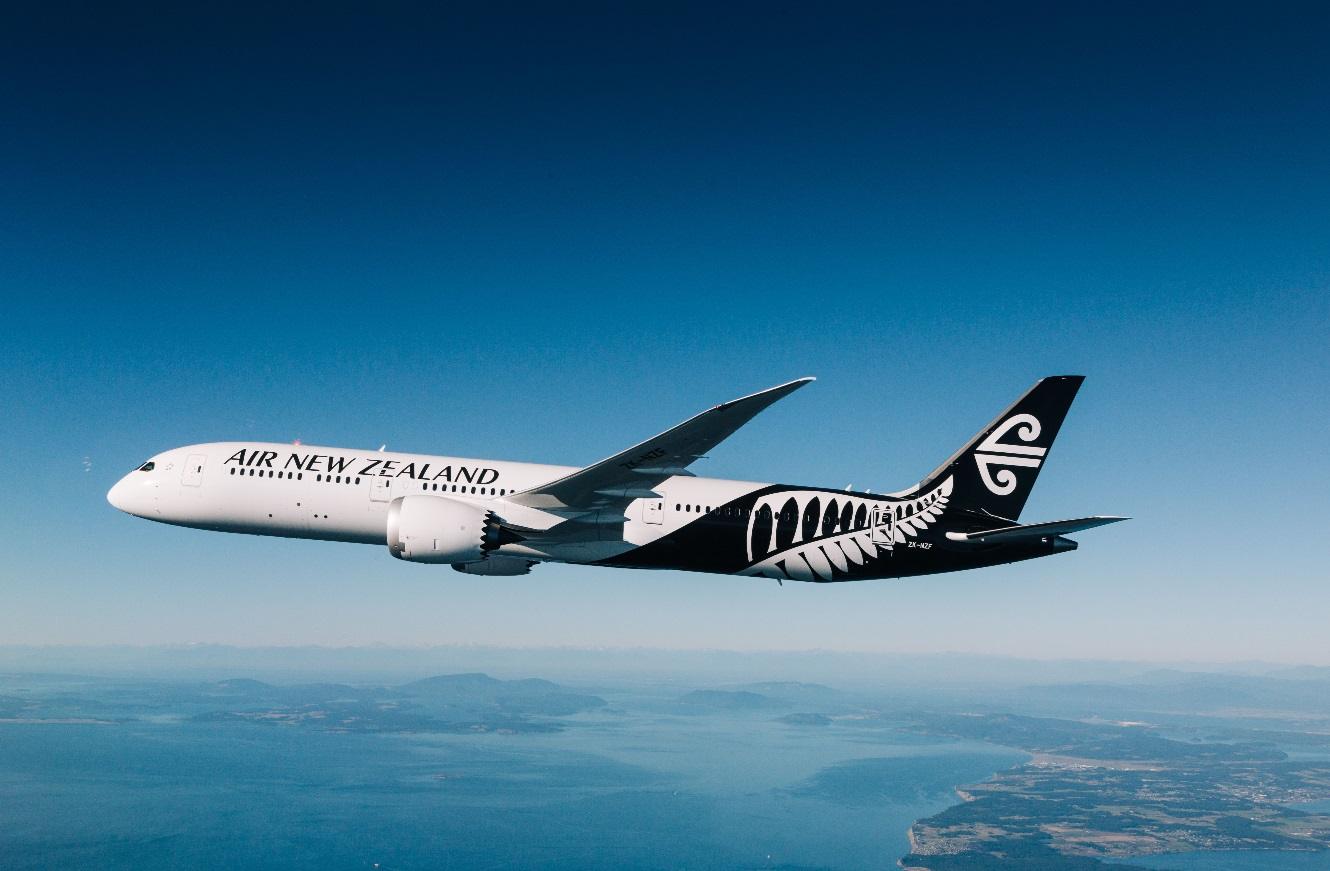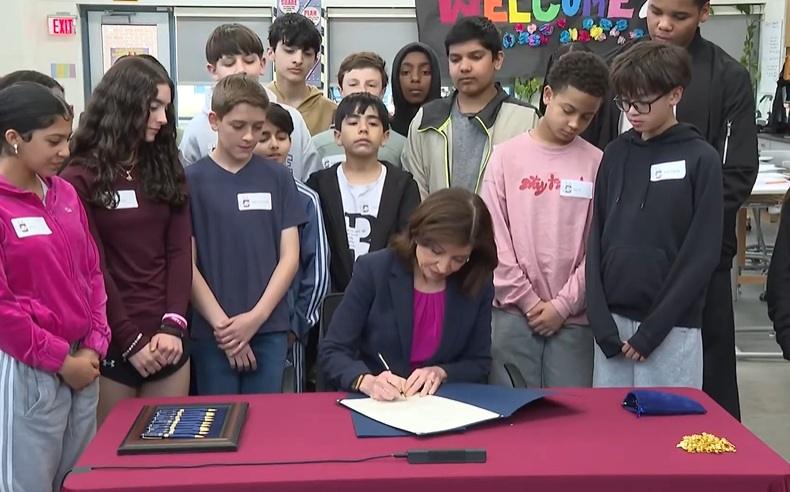Boeing and Etihad Collaborate on Sustainable Aviation Solutions
Boeing and Etihad Airways announced today a collaboration to test ways to reduce aviation emissions and noise. According to the companies, today’s announced collaboration builds on a strategic sustainability alliance Boeing and Etihad formed in November 2019.
Air transport has come under increasing scrutiny in recent years as a significant contributor to GHG emissions. According to European Commission estimates, aviation accounts for 2% of global GHG emissions. Without efficiency improvements, aviation emissions are likely to increase along with the steady rise in air travel forecast over the next several decades.
The companies will use a 787-10 Dreamliner to test ways to reduce emissions and noise as part Boeing’s ecoDemonstrator program before the airline accepts delivery of the airplane this fall. The ecoDemonstrator program utilizes commercial aircraft to test technologies that can make aviation safer and more sustainable now and into the future. The 2020 program, which will begin testing in August, is the first to use a Boeing 787-10. Test flights will be flown on a blend of sustainable fuel, which significantly lowers aviation’s environmental footprint.
Etihad Aviation Group Chief Executive Officer Tony Douglas said:
“This is the latest program under Etihad’s industry-leading strategic partnership with Boeing, focusing on innovating real-world solutions to the key sustainability challenges facing the aviation industry. The ecoDemonstrator program is founded on innovation and sustainability — and these are core values for Etihad Airways, Abu Dhabi and the United Arab Emirates. Etihad and Boeing see a great opportunity to collaborate and share knowledge to minimize the impact of aviation on the environment.”
Stan Deal, Boeing Commercial Airplanes president and CEO added:
“Industry collaboration is a key aspect of Boeing’s ecoDemonstrator program that enables us to accelerate innovation. We’re proud to broaden our sustainability partnership with Etihad Airways by testing promising technologies that can reduce emissions, help commercial aviation meet our climate goals, and allow the industry to grow in a responsible manner that respects our planet and its natural resources.”
On the noise reduction front, Boeing and Etihad said they will work with industry-leading partners, including NASA and Safran Landing Systems, to conduct aircraft noise measurements from sensors on the airplane and the ground. The data will be used to validate aircraft noise prediction processes and the sound reduction potential of aircraft designs, including landing gear, that are modified for quieter operations.
The testing program is expected to last about four weeks before Etihad enters its Boeing 787-10 into service.






